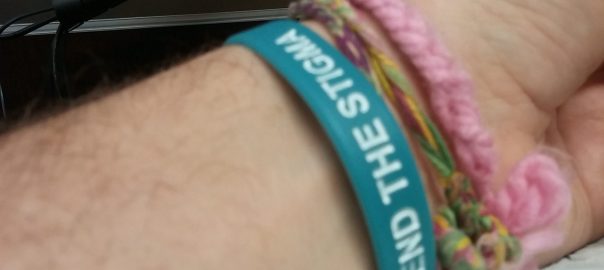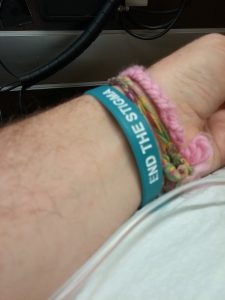I have a predilection for skepticism, especially with regard to hyperbolic medical claims about cancer treatment. Since my diagnosis, I have received many suggestions for things to try and I have been pointed to countless articles about amazing new treatments (and plenty of old ones). Each time, there is a flutter of hope, and I want very badly to see or hear a new piece of information that is going to change the cancer treatment paradigm forever. I think that most patients and caregivers feel that way. Yet, the vast majority of information on “new” or “revolutionary” treatments being passed around via the Internet seems to fall somewhere between misrepresentation and outright fabrication.
Over the past months, I have written a number of short articles on this subject for LungCancer.net — here are links to a few of them:
https://lungcancer.net/living/sifting-c-word-headlines/?utm_source=notifications
https://lungcancer.net/living/fighting-misinformation-fake-news/
https://lungcancer.net/living/health-claims-water-internet/
As longtime readers know, I try to encourage critical thinking and hope to present a good example of that approach to information on cancer treatment options. If you haven’t already, I encourage you to read and share my series of Wellness Warrior posts. (You can type the phrase in the search box for easy access.)
It takes a concerted effort, sometimes, to cut through the quagmire of nonsense out there. But if we all make that effort, together, to read beyond headlines before reacting and to vet our sources before we share, it will help to reshape the whole narrative around cancer as we know it.
If this post resonates with you, please consider supporting my work through a monthly subscription to my feed on Patreon, or a one-time donation through PayPal. Follow me on Twitter, Facebook, Tumbler and many other fancy social sites or apps. Please share my posts to groups you are involved with on Reddit or Google+ or anywhere else that you feel it will help or enlighten or inspire another reader. (Sharing buttons are below the post!)
Thank you!


